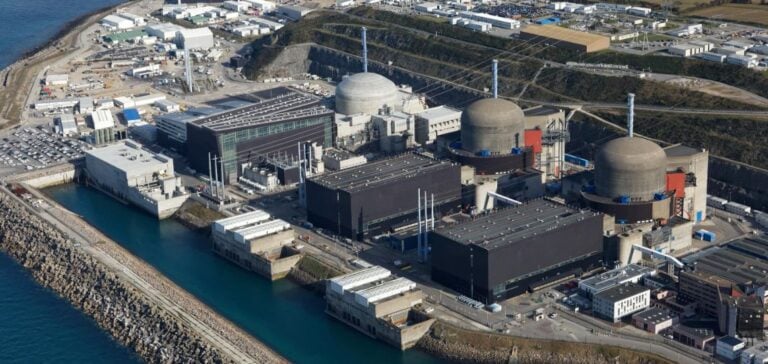EDF, the public energy giant in France, is planning a major decision in 2026 regarding the construction of the first six next-generation EPR nuclear reactors. This decision will be made by its board of directors, according to Olga Givernet, Minister of Energy, who spoke before the Senate during a hearing focused on the Multiannual Energy Plan (Programmation pluriannuelle de l’énergie – PPE).
At the same time, the selection of sites for the additional eight EPRs is also scheduled for 2026, in alignment with the national energy plan. The PPE aims for a combined annual production of 560 TWh of decarbonized electricity by 2030, divided between 200 TWh of renewable energy and 360 TWh from nuclear energy.
A strategy supported by the France 2030 plan
To support this ambitious project, the public investment plan France 2030 allocates around one billion euros to the development of Small Modular Reactors (SMRs). This funding is part of a broader effort, including three project calls to accelerate innovation in the sector.
On EDF’s side, approximately five billion euros have already been invested in studies related to future reactors. However, the group is still waiting for a clear financial framework from the government. Olga Givernet indicated that answers regarding these finances should be provided by the end of 2024.
Estimates awaited to finalize budgets
The minister also emphasized that the government is awaiting precise estimates for the first three pairs of EPR reactors to better assess total costs. These estimates will be crucial in establishing the necessary financial commitments for launching the projects.
By strengthening its nuclear capacity, EDF plays a central role in France’s energy transition while contributing to its ambitious climate goals.






















